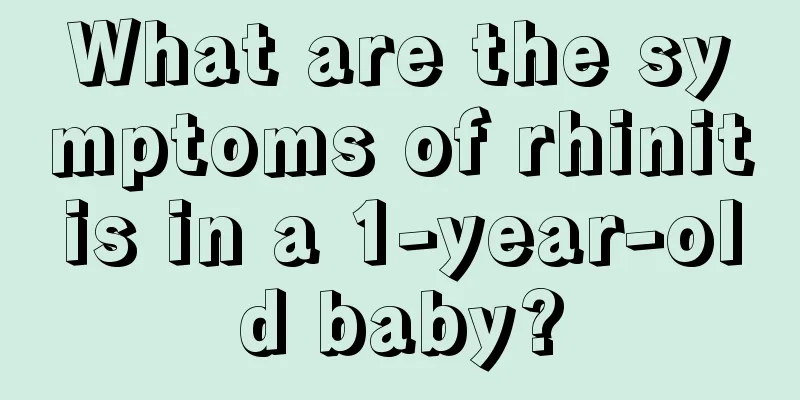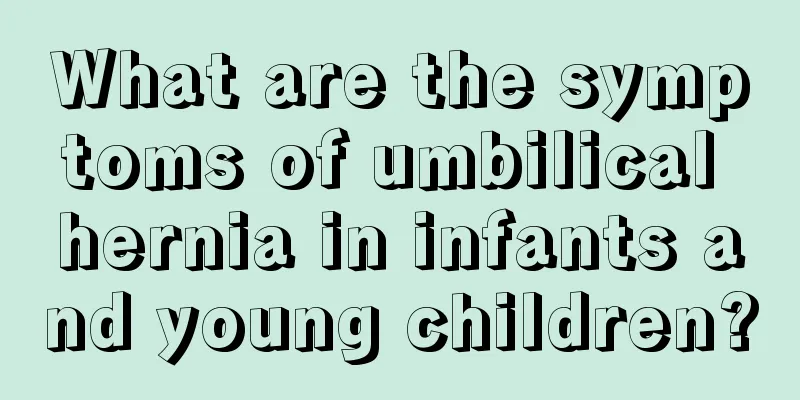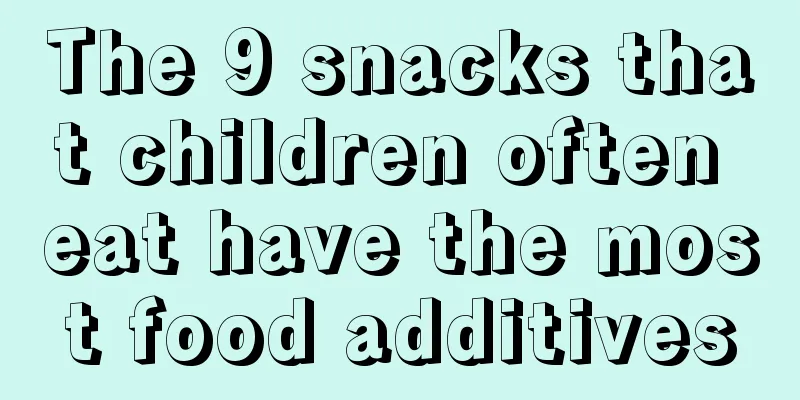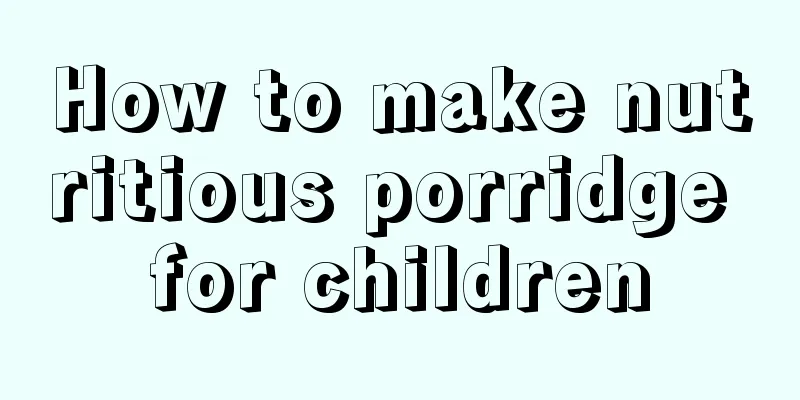What are the symptoms of rhinitis in a 1-year-old baby?

|
There are many reasons that can cause rhinitis. For example, some children have relatively poor resistance when they are about one year old. At this time, they are easily infected by viruses if they are not careful. Based on the infection, other bacterial infections may occur, leading to inflammation of the nose or respiratory tract. It should be noted that in daily environments, coronavirus, influenza virus, and coxsackie virus infections are often the main causes of rhinitis in children. Common symptoms of allergic rhinitis in children include: itchy nose (children often rub their noses), alternating nasal congestion (dry and sore throat caused by mouth breathing), sneezing (usually sudden and severe), runny nose (mostly watery, or purulent when infected), nasal congestion (decreased or absent sense of smell), dizziness, headache, stuffy ears, red and itchy eyes, and tearing (dark circles under the eyes are caused by frequent rubbing of the eyes). The common symptoms of maxillary sinusitis are long-term mild cough, making "hum, hum" sounds, accompanied by coughing up phlegm. This is actually not sputum secreted from the trachea, but the mucus produced by children's rhinitis that flows down to the throat, trachea and bronchi, and then causes a reflex cough to cough out the mucus. This kind of backflow of nasal mucus can cause long-term irritation to the upper respiratory tract, which can lead to chronic inflammation, bronchitis or spasm, and promote coughing and asthma; in turn, it affects the vascular changes in the nasal mucosa, causing symptoms such as nasal congestion, hoarseness, sore throat, etc., and aggravates sinus inflammation. Medically known as nasal pulmonary reflex syndrome. It should be noted that some children’s parents may have had rhinitis before, so the children born must focus on preventing rhinitis. This is mainly because rhinitis has a certain genetic tendency to develop. In addition, some children are naturally susceptible to mucous membranes. If parents understand this, they should try to avoid irritants on their children's nasal mucosa. |
<<: How to treat sinusitis in a 1.5-year-old baby
>>: What to do if your baby has gastrointestinal infection
Recommend
What are the symptoms of tracheitis in children?
Children often have some bronchitis. Inflammation...
What are the dangers of picky eating in primary school students?
The harm of picky eating among primary school stu...
Symptoms of baby's stomach pain, be alert after reading
If a baby who can't speak yet has stomach pai...
Diseases that may be caused by bloodshot baby
The weather in spring is always hot and cold, and...
Will baby strawberry hemangiomas disappear?
Hemangioma is a common disease in infants. Many p...
What are the symptoms of heat stroke in children?
What worries parents the most is their children g...
When does a baby grow double eyelids?
The growth factors of double eyelids and single e...
What are the signs that neonatal acne will soon heal?
Acne, a serious skin disease, has a great impact ...
How many teeth are normal for a 2 year old?
Under normal circumstances, people should have 32...
Can newborns sleep on a hard bed?
In our lives, many babies are not given pillows b...
What are the dangers of excessive foreskin in children?
For parents, it is necessary to understand the da...
What should I do if my 2-year-old baby has a cough and a runny nose? Parenting experts introduce
For adults, the symptoms of coughing and runny no...
What to do if children have fecal incontinence?
Children are the flowers of the motherland, and t...
How to remove birthmarks on children
Many people are born with birthmarks, some appear...
There are several stages in a child's separation anxiety period.
In fact, most parents will face separation anxiet...









